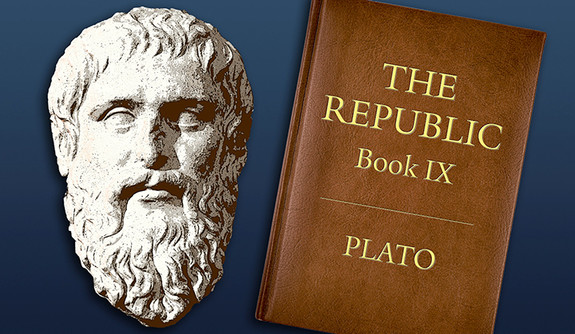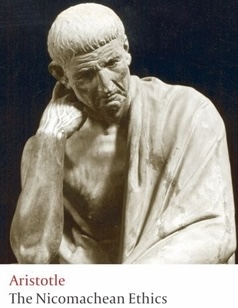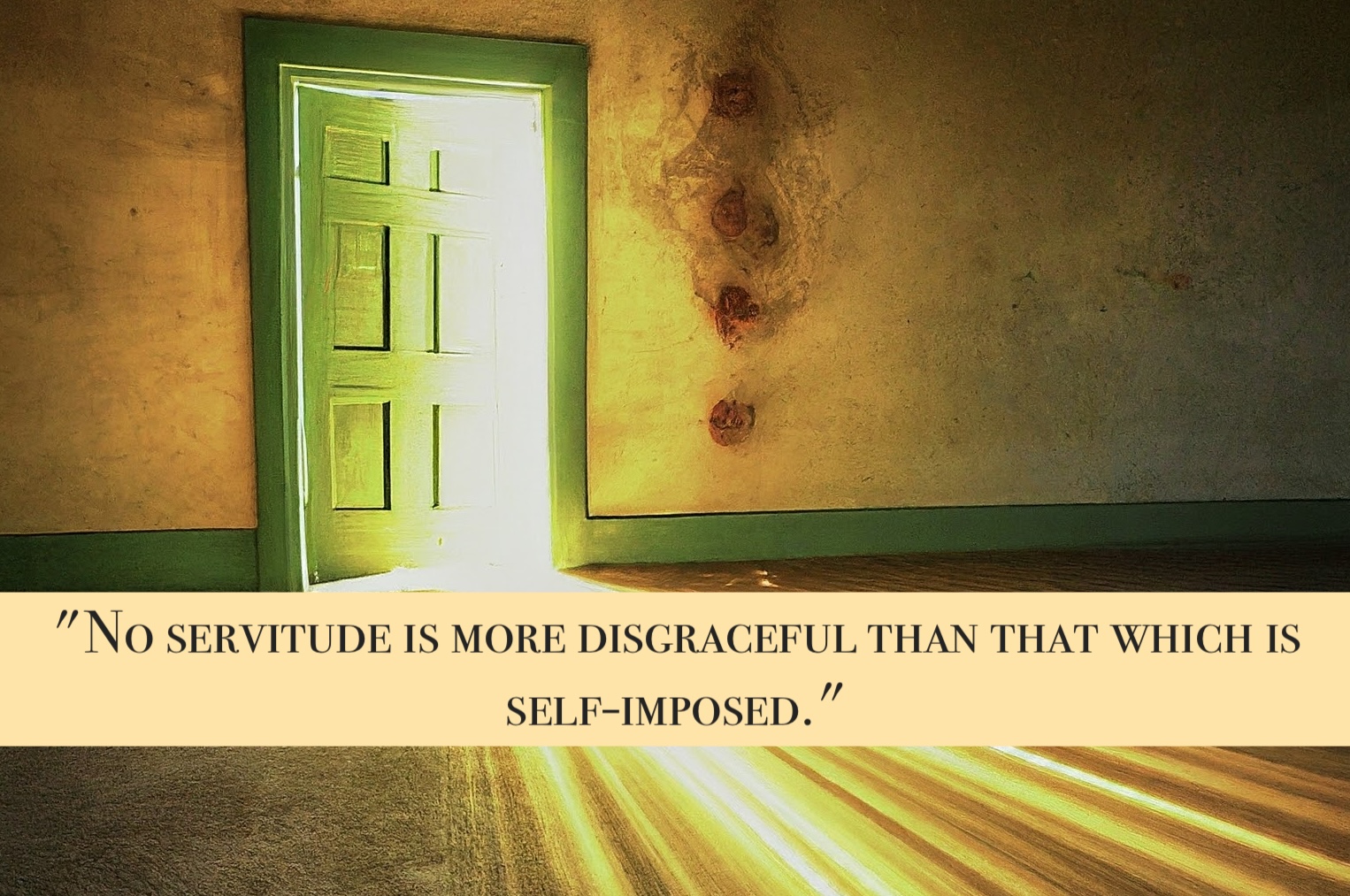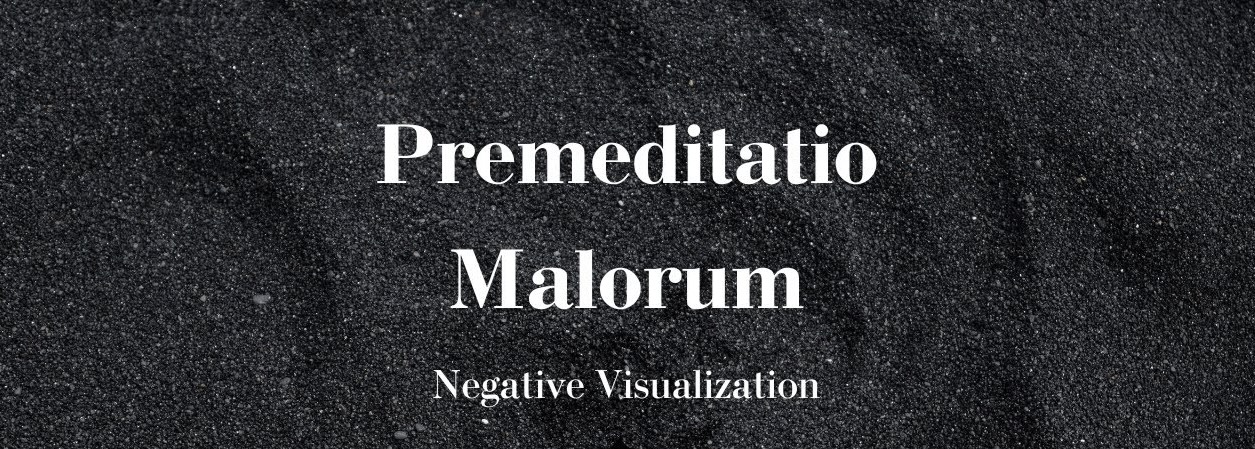On Ideal City and The Theory of Art: Plato’s “Republic”

I recently read "The Republic" , one of the masterpiece of 4th Century BC. It is basically written by Plato and is a series of conversations between of Socrates (Plato's mentor and his teacher) and his students. Throughout the entire dialogue, Socrates talks about Justice, Goodness, Ignorance, Knowledge, Virtues and many other human affairs. I am not going to get into that. But I am going to talk about the politics and the Ideal City described by Socrates.
Ideal City
Plato envisions the ideal city, or polis, as a society founded upon justice and human virtue. It represents a social and political structure where individuals can actualize their potential, serve their fellow citizens, and align their lives with universal laws and truths. Plato outlines three distinct classes within this ideal city: The Rulers, The Soldiers, and The Common Man.
According to Socrates, The Rulers are characterized by the virtue of wisdom, embodying the philosophical nature with a soul of gold. The Soldiers possess the virtue of courage, exemplifying bravery and strength with a soul of silver. Lastly, The Common Man, driven by desires and pleasures, exhibits the virtue of self-discipline with a soul of bronze. The harmonious coexistence and collaboration among these classes give rise to justice. While Plato also discusses the traits of the Philosopher Ruler and their education, I won't delve further into this topic at the moment.
Plato: On Theory of Art
One intriguing aspect of "The Republic" is Plato's critique of poets and artists. Within his ideal city, there is no place for these creative individuals. Plato argues that poets and artists lack true knowledge of what they imitate. Their creations are seen as mere reflections and illusions, divorced from reality according to Plato. He believes that poetry and art are mere shadows, which, when experienced, influence individuals with the emotions they portray. If you are an artist, it's worth delving into Book IX and X of "The Republic" to ponder the questions Plato poses.
To Plato, poetry occupies a lower realm concerning existence and knowledge. He perceives it as illusory, devoid of truth, much like the world we perceive. Art and poetry appeal to and represent the more irrational aspects of our nature. Here are some of Plato's thoughts on art and poetry:
"While art may seem captivating, it ultimately falls short when it comes to the realm of true being and knowledge. It appears that poetry, like an illusion, lacks inherent truth, just as the world of appearances lacks true reality. Art and poetry engage with the lower, less rational dimensions of our human nature."
By exploring Plato's insights on politics and art, we can gain a deeper understanding of his vision for an ideal society and his reservations about artistic representation. "The Republic" remains a timeless work that invites us to reflect on the nature of justice, virtue, and the role of creativity in our lives.
Excerpt from The Republic, Plato:
You know, 'I said, ' among all those excellent features of our ideal state, there is none I rank higher that its treatment of poetry.'
'Why exactly?'
Because it excluded all dramatic representation. Now that we have distinguished the various elements in the mind, we can see even more clearly how essential it is to exclude it.'
'What do you mean?'
'Between ourselves - and you mustn't give me away to the tragedians and other writers of the kind - such representations definitely harm the mind of their audiences, unless they are inoculated against them by knowing their real nature.'
'What exactly have you in mind?'
'I must tell you, i suppose; yet the love and respect I've always had from a boy for Homer makes me hesitate - for I think he's the original master and guide of all great tragic poets. But one must not respect individual more than the truth, and so, as I say, I must tell you.'
Then, I said, we must put a question to Homer; not about medicine, or any of the arts to which his poems only incidentally refer: we are not going to ask him, or any other poet, whether he has cured patients like Asclepius, or left behind him a school of medicine such as the Asclepiads were, or whether he only talks about medicine and other arts at second hand; but we have a right to know respecting military tactics, politics, education, which are the chiefest and noblest subjects of his poems, and we may fairly ask him about them. 'Friend Homer,' then we say to him, 'if you are only in the second remove from truth in what you say of virtue, and not in the third --not an image maker or imitator --and if you are able to discern what pursuits make men better or worse in private or public life, tell us what State was ever better governed by your help? The good order of Lacedaemon is due to Lycurgus, and many other cities great and small have been similarly benefited by others; but who says that you have been a good legislator to them and have done them any good? Italy and Sicily boast of Charondas, and there is Solon who is renowned among us; but what city has anything to say about you?' Is there any city which he might name?
I think not, said Glaucon; not even the Homerids themselves pretend that he was a legislator.
Well, but is there any war on record which was carried on successfully by him, or aided by his counsels, when he was alive?
There is not.
Or is there any invention of his, applicable to the arts or to human life, such as Thales the Milesian or Anacharsis the Scythian, and other ingenious men have conceived, which is attributed to him?
There is absolutely nothing of the kind.
But, if Homer never did any public service, was he privately a guide or teacher of any? Had he in his lifetime friends who loved to associate with him, and who handed down to posterity an Homeric way of life, such as was established by Pythagoras who was so greatly beloved for his wisdom, and whose followers are to this day quite celebrated for the order which was named after him?
Nothing of the kind is recorded of him. For surely, Socrates, Creophylus, the companion of Homer, that child of flesh, whose name always makes us laugh, might be more justly ridiculed for his stupidity, if, as is said, Homer was greatly neglected by him and others in his own day when he was alive?
Yes, I replied, that is the tradition. But can you imagine, Glaucon, that if Homer had really been able to educate and improve mankind --if he had possessed knowledge and not been a mere imitator --can you imagine, I say, that he would not have had many followers, and been honoured and loved by them? Protagoras of Abdera, and Prodicus of Ceos, and a host of others, have only to whisper to their contemporaries: 'You will never be able to manage either your own house or your own State until you appoint us to be your ministers of education' --and this ingenious device of theirs has such an effect in making them love them that their companions all but carry them about on their shoulders. And is it conceivable that the contemporaries of Homer, or again of Hesiod, would have allowed either of them to go about as rhapsodists, if they had really been able to make mankind virtuous? Would they not have been as unwilling to part with them as with gold, and have compelled them to stay at home with them? Or, if the master would not stay, then the disciples would have followed him about everywhere, until they had got education enough?
Yes, Socrates, that, I think, is quite true.
Then must we not infer that all these poetical individuals, beginning with Homer, are only imitators; they copy images of virtue and the like, but the truth they never reach? The poet is like a painter who, as we have already observed, will make a likeness of a cobbler though he understands nothing of cobbling; and his picture is good enough for those who know no more than he does, and judge only by colours and figures.
Quite so.
In like manner the poet with his words and phrases may be said to lay on the colours of the several arts, himself understanding their nature only enough to imitate them; and other people, who are as ignorant as he is, and judge only from his words, imagine that if he speaks of cobbling, or of military tactics, or of anything else, in metre and harmony and rhythm, he speaks very well --such is the sweet influence which melody and rhythm by nature have. And I think that you must have observed again and again what a poor appearance the tales of poets make when stripped of the colours which music puts upon them, and recited in simple prose.
Yes, he said.
They are like faces which were never really beautiful, but only blooming; and now the bloom of youth has passed away from them?
Exactly.
Here is another point: The imitator or maker of the image knows nothing of true existence; he knows appearances only. Am I not right?
Yes.
Then let us have a clear understanding, and not be satisfied with half an explanation




Leave a Reply
You must be logged in to post a comment.